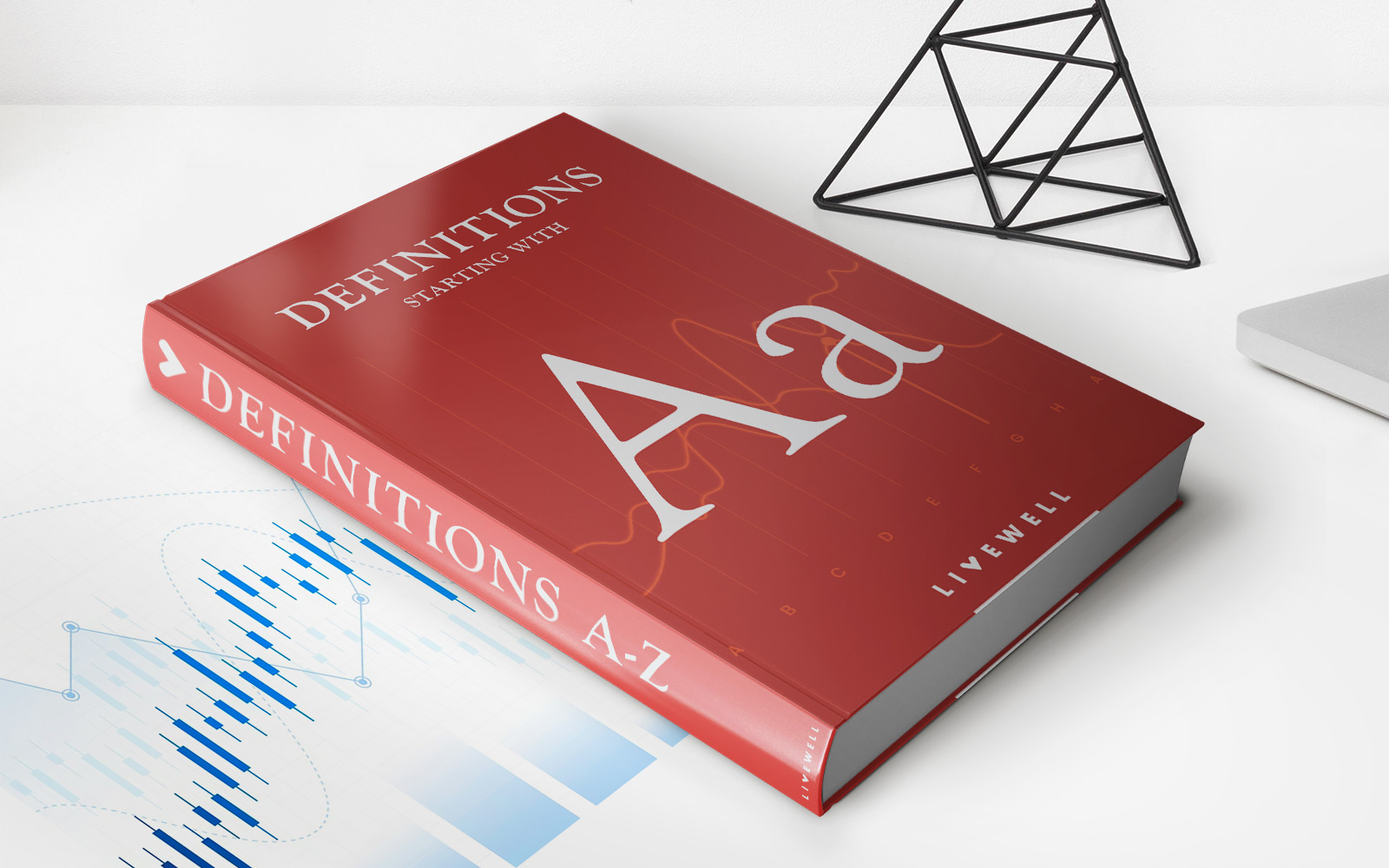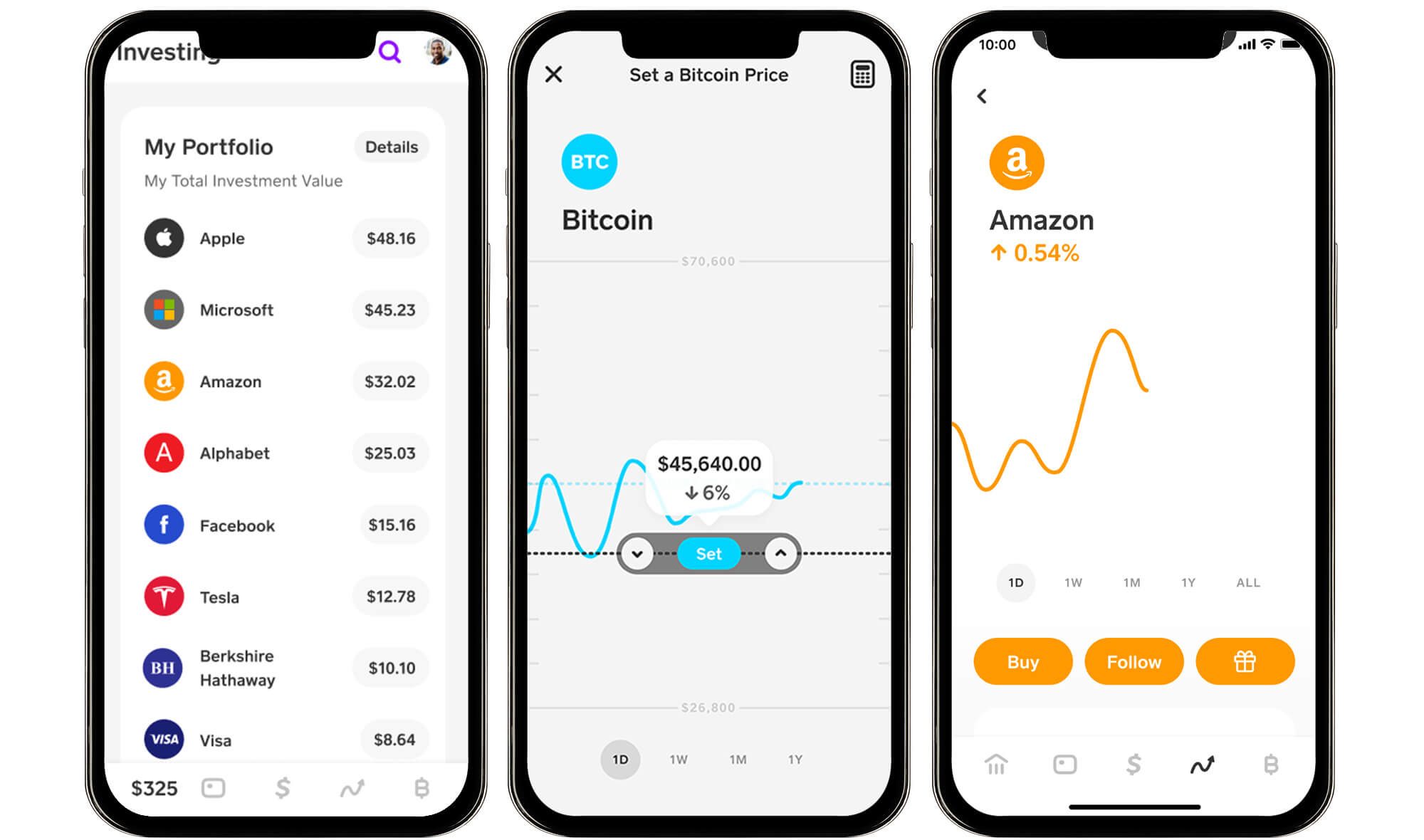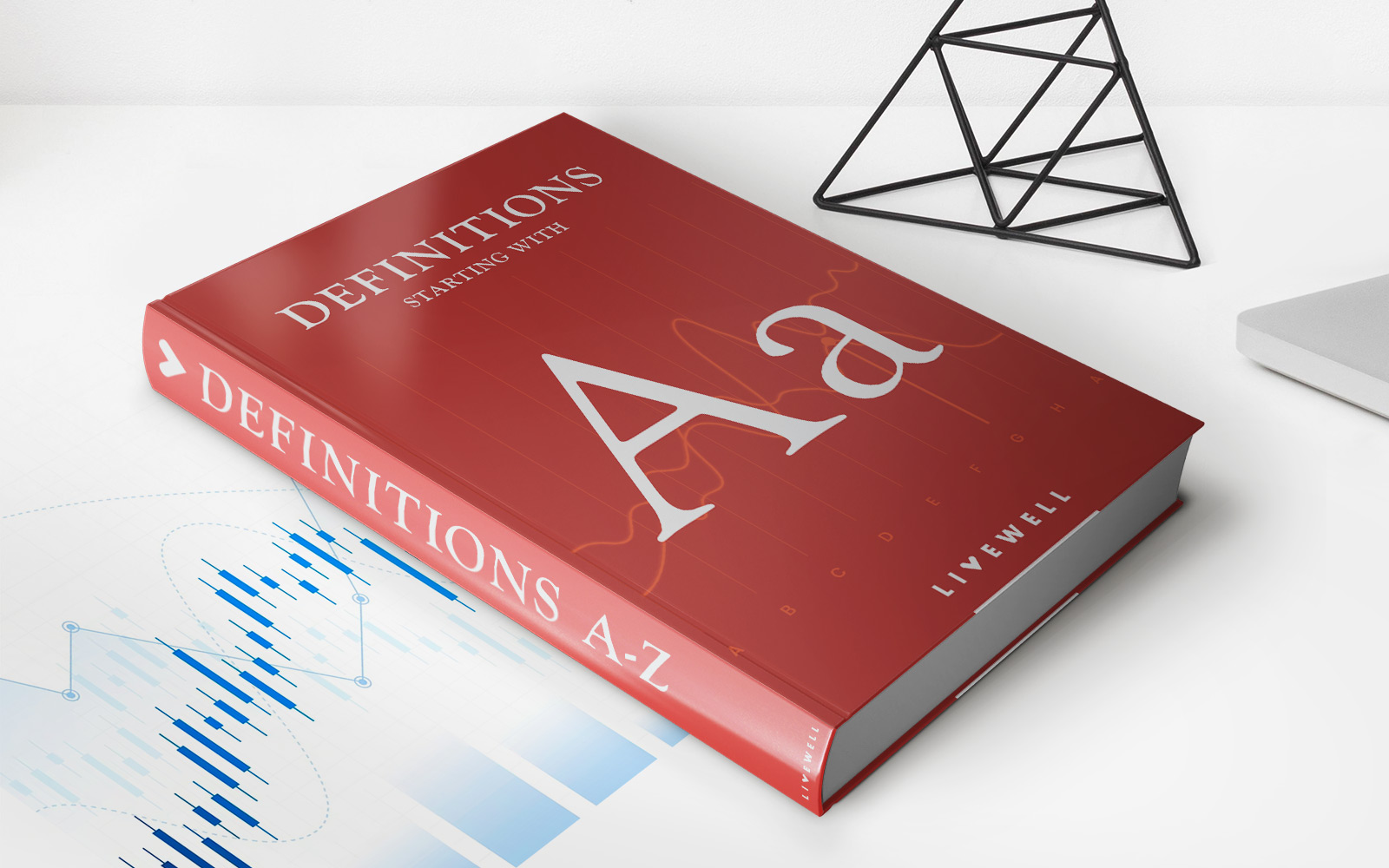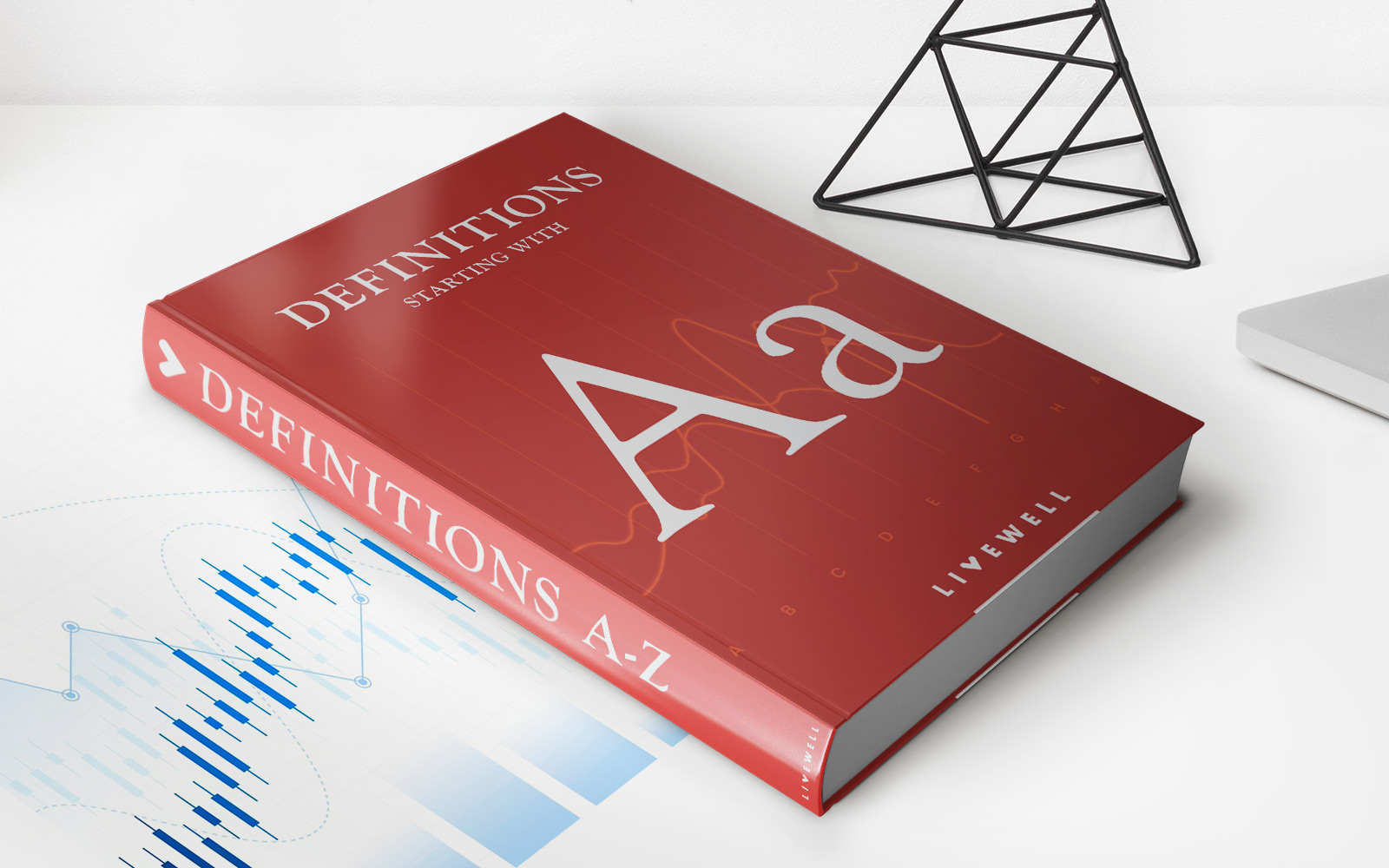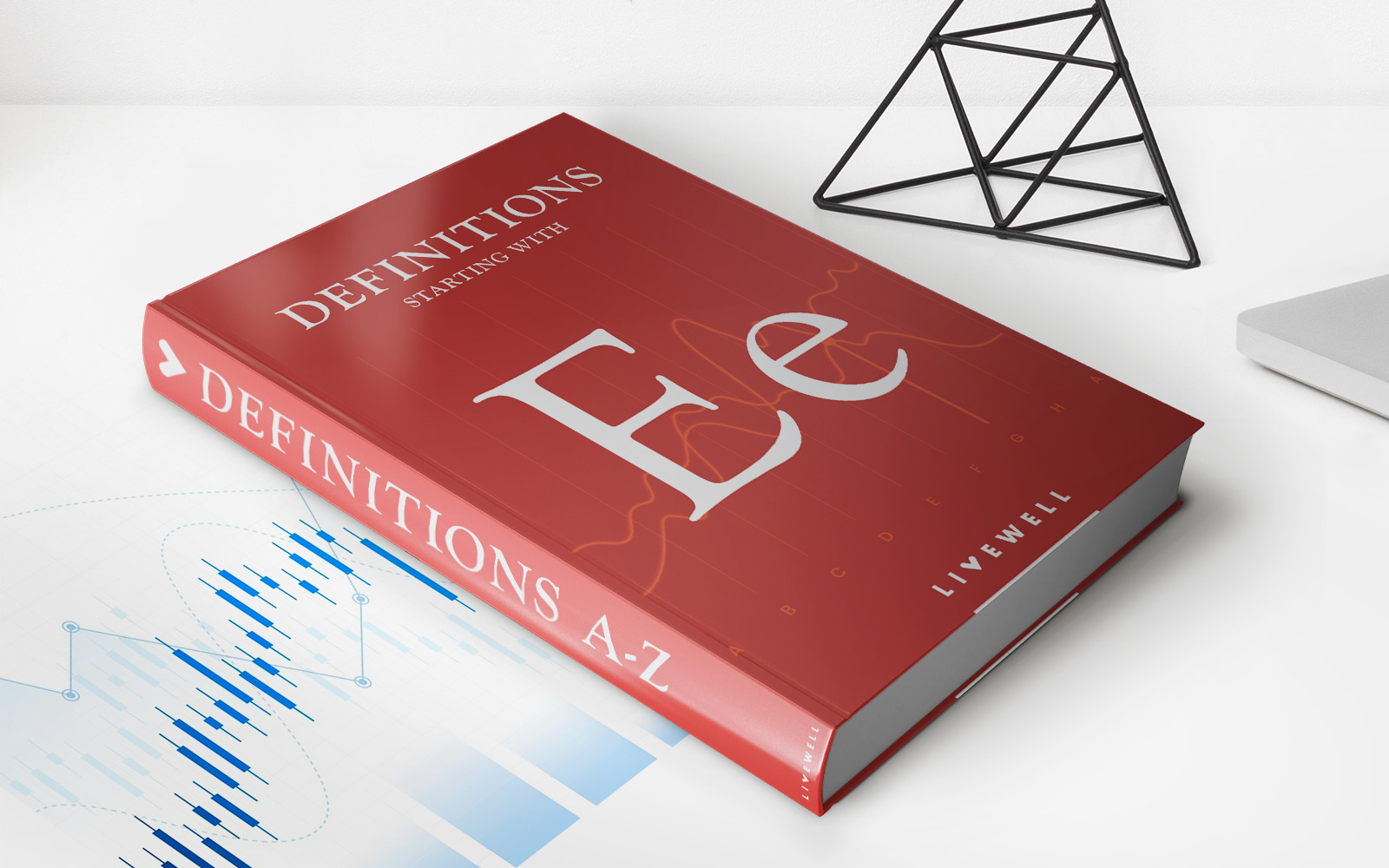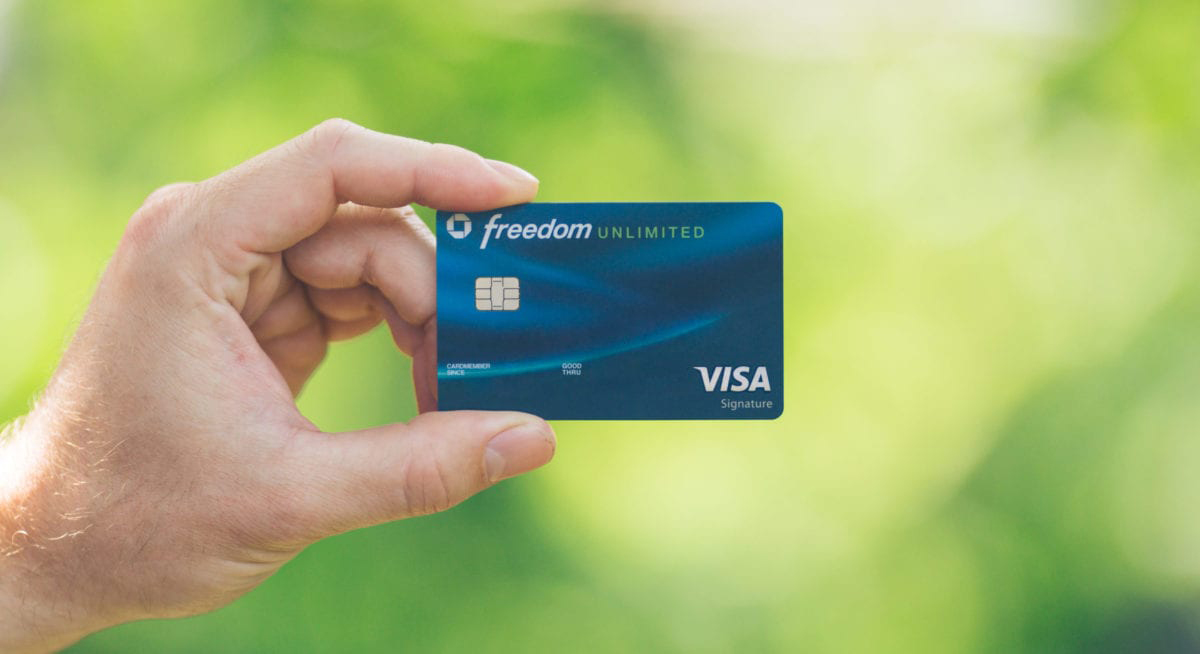Home>Finance>All-Cash, All-Stock Offer: Definition, Downsides, Alternatives
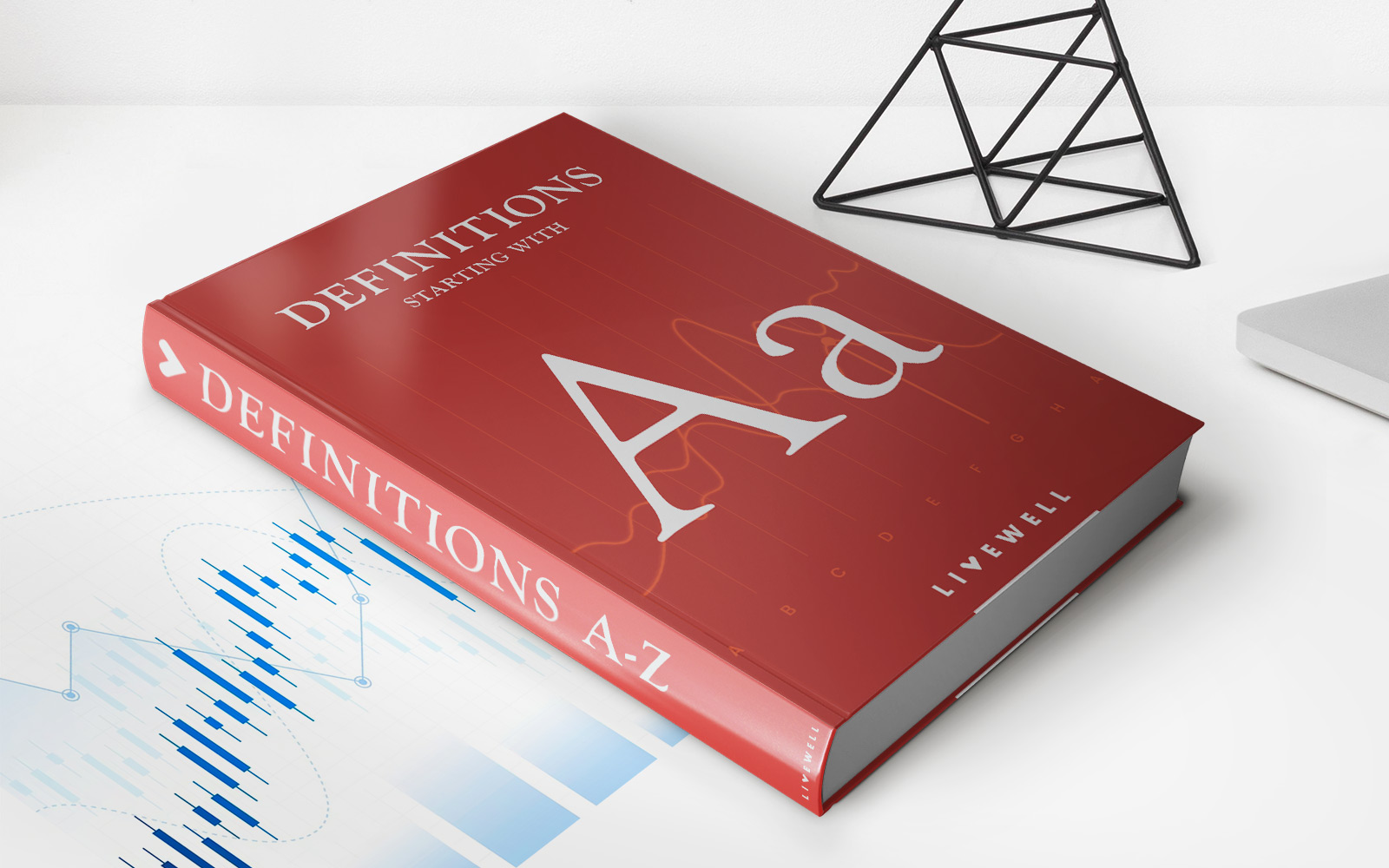

Finance
All-Cash, All-Stock Offer: Definition, Downsides, Alternatives
Published: October 5, 2023
Learn about the definition, downsides, and alternatives of all-cash and all-stock offers in finance. Get expert insights and make informed decisions.
(Many of the links in this article redirect to a specific reviewed product. Your purchase of these products through affiliate links helps to generate commission for LiveWell, at no extra cost. Learn more)
All-Cash, All-Stock Offer: Definition, Downsides, Alternatives
What is an all-cash, all-stock offer in finance?
When it comes to making a business acquisition or tendering an offer for a company’s shares, there are different ways to structure the deal. One common approach is an all-cash or all-stock offer. In this blog post, we’ll explore the definition of an all-cash, all-stock offer, discuss its downsides, and highlight some alternative options available to both buyers and sellers.
Key Takeaways:
- An all-cash, all-stock offer is a transaction in which the payment for acquiring a company or its shares is made entirely in cash or stock, without a mix of both.
- While an all-cash, all-stock offer can provide certain advantages, it also comes with downsides and risks that need to be carefully considered.
Now that we have a clear understanding of what an all-cash, all-stock offer entails, let’s delve deeper into its pros and cons:
The Downsides of an All-Cash, All-Stock Offer
1. Limited flexibility: One of the significant drawbacks of an all-cash, all-stock offer is the lack of flexibility it offers to both the buyer and the seller. For the buyer, an all-cash offer means depleting their cash reserves, which could potentially limit their ability to invest in other profitable opportunities. Similarly, an all-stock offer may restrict the seller’s ability to access immediate cash.
2. Risk exposure: Another downside of an all-cash, all-stock offer is the increased risk exposure for both parties involved. For the buyer, an all-cash offer can lead to a significant financial burden if the acquired company doesn’t perform as expected. On the other hand, an all-stock offer exposes the seller to potential fluctuations in the stock market, which could affect the value of their shares in the future.
3. Tax implications: An all-cash or all-stock offer can also have tax implications for both the buyer and the seller. Careful consideration should be given to the tax consequences of the chosen payment method, as it can impact the overall financial outcome of the deal.
Alternative Options
While an all-cash, all-stock offer may be suitable in certain circumstances, there are alternative options available that offer more flexibility and potentially mitigate some of the downsides mentioned above:
1. Mixed offer:
In some cases, a mixed offer may be more advantageous for both the buyer and the seller. This approach involves combining cash and stock components in the offer, providing a balance between immediate liquidity and long-term investment potential.
2. Earnouts:
An earnout is a structure that allows a portion of the payment to be contingent on the future performance of the acquired company. This approach can help bridge valuation differences and align the interests of the buyer and seller, reducing risk exposure for both parties.
Overall, while an all-cash, all-stock offer has its benefits, it’s essential to consider the downsides and explore alternative options to structure a deal that best meets the objectives of both the buyer and the seller. By conducting thorough due diligence and seeking expert advice, parties can navigate the intricacies of mergers and acquisitions and maximize the potential benefits of their transaction.

